How to Write a Withdraw Offer of Employment Letter Template
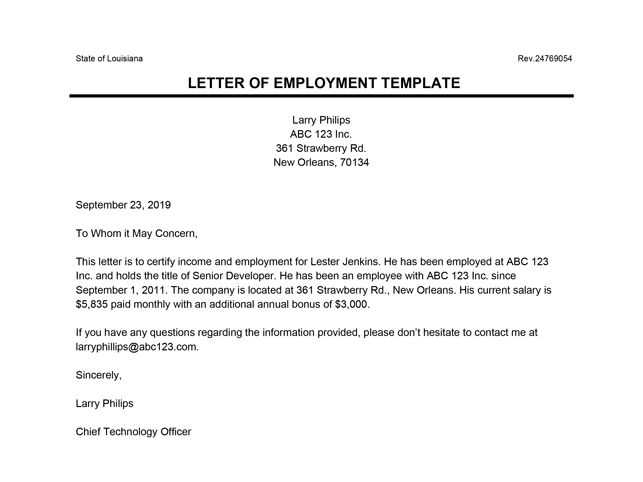
At times, it becomes necessary for businesses to rethink their hiring decisions after extending a job proposition. Whether due to internal changes, budget constraints, or unforeseen circumstances, canceling a previously made commitment can be a delicate process. It is essential to handle this situation with care to maintain professionalism and avoid potential conflicts.
Crafting a well-structured message that clearly conveys the change of plans while showing respect to the recipient is vital. The tone should remain courteous and straightforward, ensuring that the recipient understands the reason behind the reversal, without feeling disregarded. In this guide, we explore how to effectively communicate this decision while preserving the relationship between both parties.
Why You Might Revoke a Job Proposal
There are various reasons why a company might find it necessary to retract a previously extended job position. These reasons can range from changes in the business environment to shifts in company priorities. Regardless of the cause, the decision to backtrack on a hiring decision should be approached with care and professionalism.
One common scenario is a change in financial conditions that forces a business to rethink their staffing needs. Other situations may involve internal restructuring, where the need for a particular role is no longer relevant. Additionally, if the selected candidate fails to meet specific requirements or the company learns new information about the candidate, it may prompt a reevaluation of the initial decision.
Understanding the Importance of a Clear Message
When revising a previously extended job proposition, it’s essential to communicate the change effectively and professionally. A well-crafted message ensures that the recipient understands the situation, preventing confusion and minimizing any potential frustration. The clarity of the communication reflects the organization’s commitment to transparency and respect for the individual.
A clear and concise message not only helps in conveying the reason for the reversal but also provides a sense of closure for the candidate. By maintaining a polite and straightforward tone, the sender avoids leaving room for misinterpretation, which could damage the professional relationship. In this scenario, it’s important to highlight the key points, offer an explanation if appropriate, and express appreciation for the candidate’s time and interest in the position.
Key Elements of an Effective Reversal Message
When informing a candidate about the cancellation of a previously extended job opportunity, it is crucial to include specific components in your communication. The goal is to ensure that the recipient understands the situation clearly and professionally, while also maintaining a respectful tone. A well-structured message reflects positively on the company and helps minimize any negative impact on the relationship with the candidate.
Clarity and Directness
Being clear and direct about the decision is essential. The candidate should not be left wondering about the reasons behind the change. Providing a straightforward explanation, if appropriate, helps avoid confusion and demonstrates transparency. It is important to convey the message without ambiguity, ensuring that the recipient fully understands the company’s position.
Respect and Professionalism
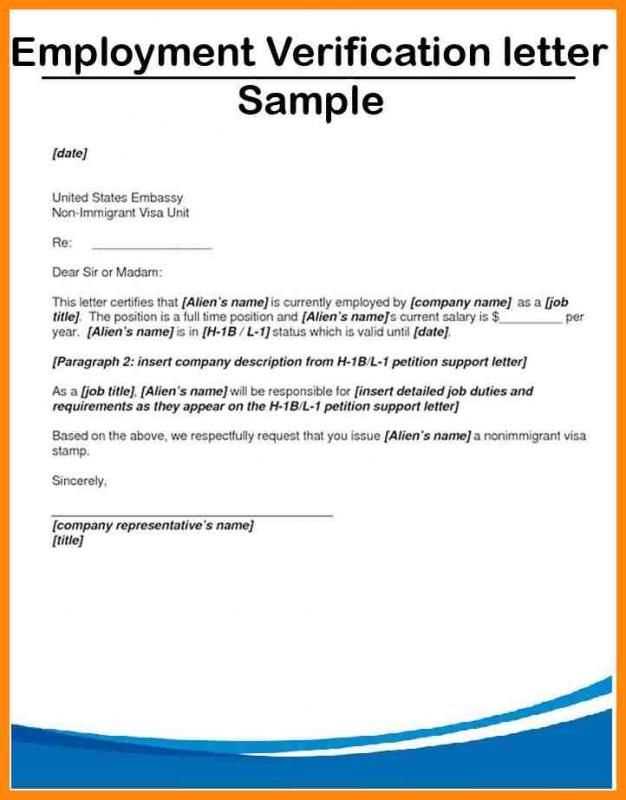
Maintaining a respectful and professional tone throughout the communication is vital. Even though the decision may be disappointing for the candidate, showing appreciation for their time and interest in the role helps preserve a positive relationship. A polite expression of regret about the reversal can soften the impact and maintain goodwill between both parties.
Crafting a Professional Tone in Your Message
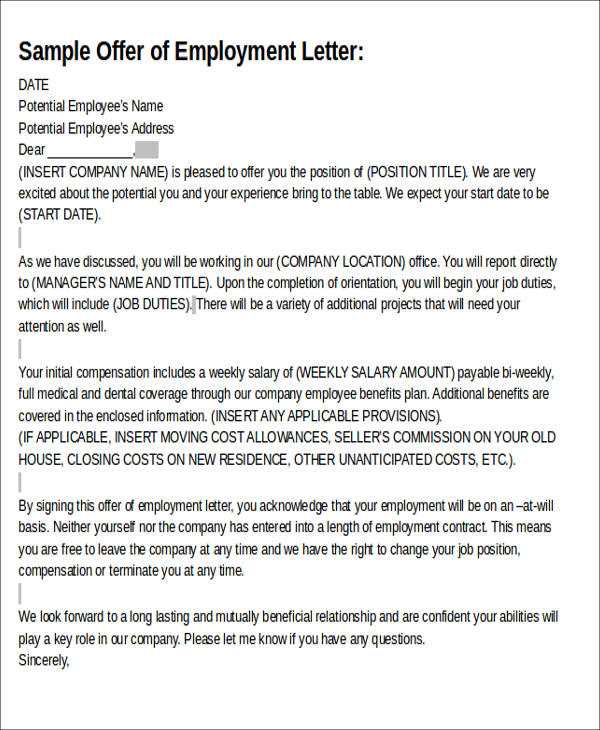
When retracting a previously extended job proposal, it is important to maintain a professional tone throughout your communication. The message should be clear, respectful, and considerate of the recipient’s position. A well-crafted message reflects the company’s professionalism and can help mitigate any negative emotions or misunderstandings that may arise from the reversal.
A key element in establishing a professional tone is to keep the language formal and courteous. Avoiding overly casual phrases or negative language ensures that the message remains respectful. Additionally, expressing appreciation for the candidate’s time and interest in the role can soften the impact of the cancellation and preserve a positive relationship for any future opportunities.
Common Mistakes to Avoid When Revoking a Job Proposal
When retracting a previously extended job opportunity, there are several key mistakes that can worsen the situation or damage the professional relationship. Being mindful of how you communicate this decision is crucial to ensure that the message is received as intended and doesn’t leave room for misinterpretation or unnecessary conflict.
Failing to Provide Clear Explanation
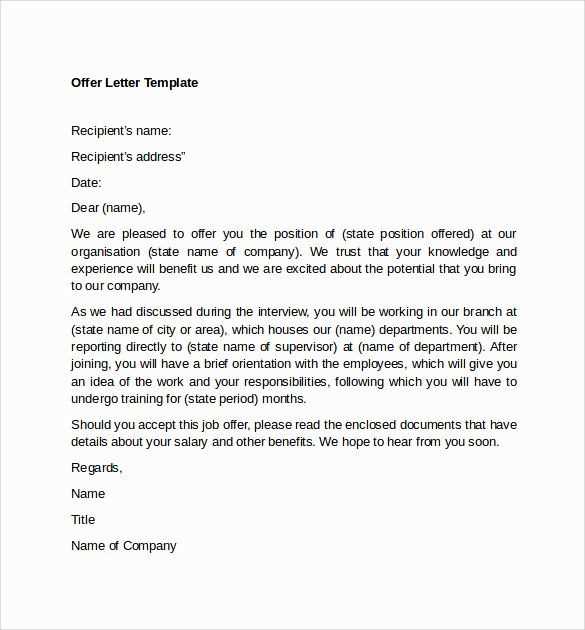
One of the most common errors is not providing a clear explanation for the decision. Without a reason, the recipient may feel confused or undervalued. Offering an appropriate rationale, without going into excessive detail, helps the candidate understand the situation and minimizes negative feelings.
Using a Casual or Inappropriate Tone
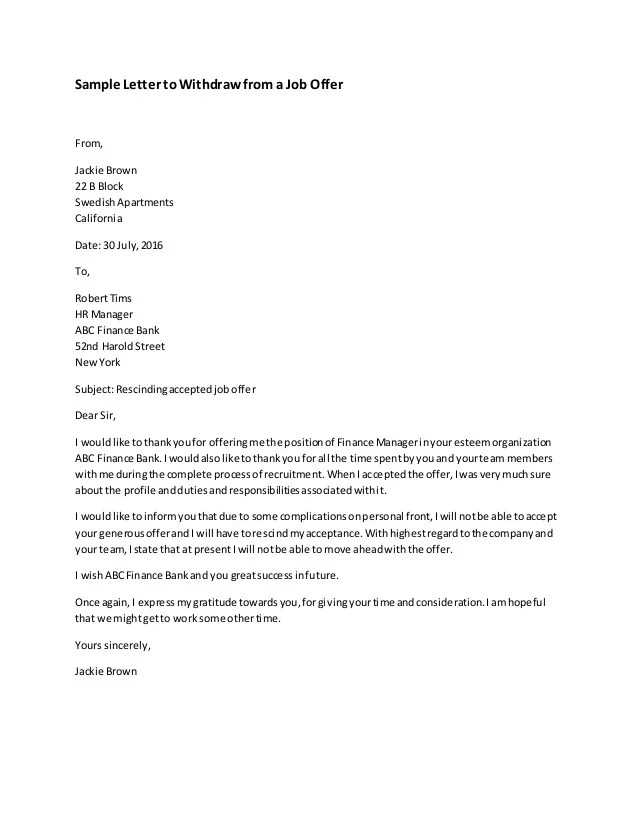
Another mistake is adopting an overly casual or inappropriate tone. A lack of professionalism can make the recipient feel disrespected or unimportant. Always ensure that the tone remains formal and polite, even if the news is difficult.
| Mistake | Consequences | How to Avoid |
|---|---|---|
| Not providing an explanation | Confusion or frustration from the recipient | Clearly explain the reason for the change |
| Being overly casual or inappropriate | Damage to professional reputation | Maintain a formal and respectful tone |
| Delay in communicating the change | Damage to trust and relationships | Communicate promptly and efficiently |
Legal Considerations in Job Proposal Cancellations
When a company decides to reverse a previously extended job position, it’s important to understand the legal implications that may arise from this action. While companies generally have the right to change their decisions, there are certain factors that must be considered to ensure compliance with employment laws and avoid potential legal issues. Handling the situation correctly can help protect the organization from legal risks.
Contractual Obligations
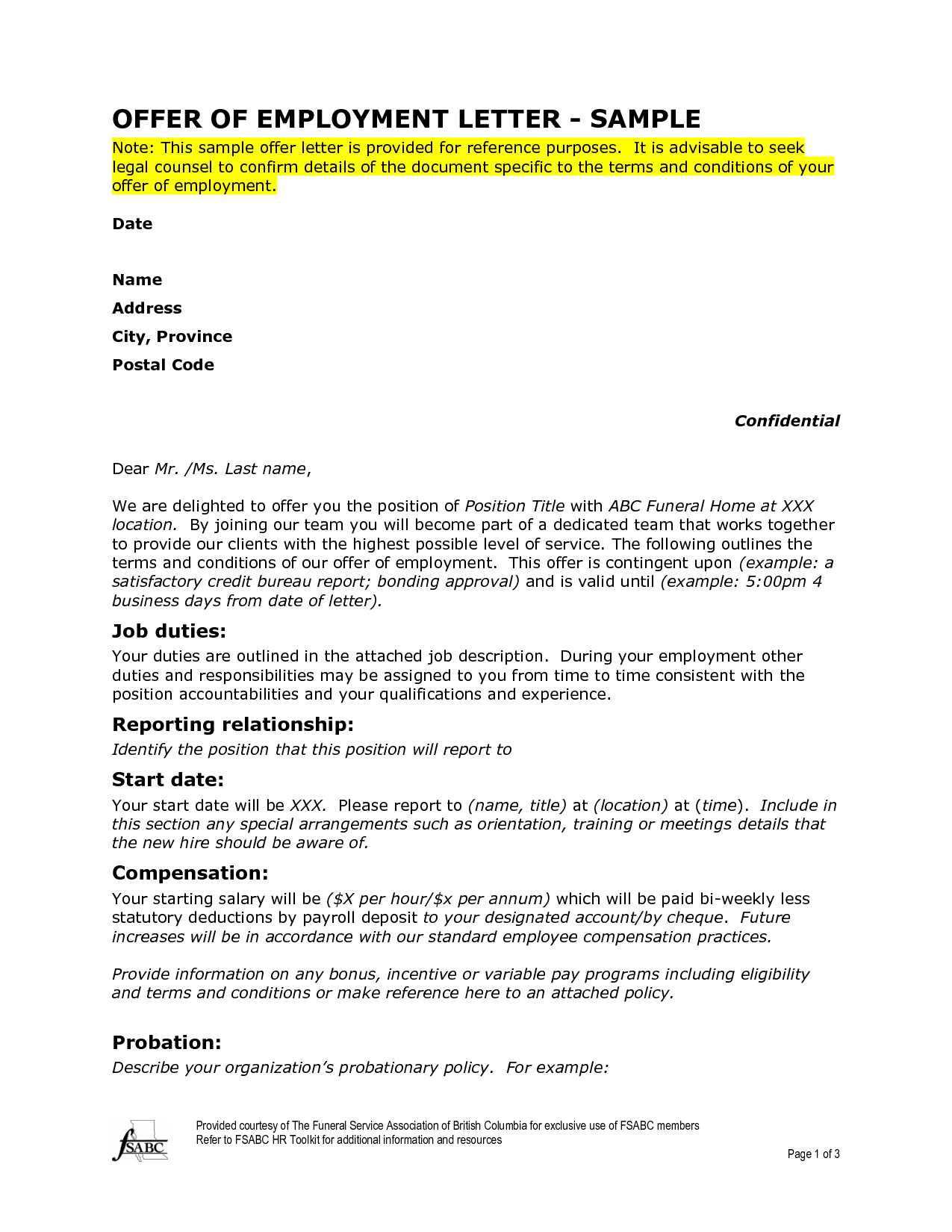
If a formal contract has already been signed or agreed upon, canceling the arrangement may be more complicated. In some cases, the contract may include clauses that outline the conditions under which either party can back out. It’s essential to review any existing agreements to ensure that the company is not violating the terms.
Potential Discrimination Issues
Another important factor is avoiding any discrimination in the decision-making process. Reversing a job decision based on factors such as race, gender, age, or disability could lead to claims of discrimination. It’s critical that the company’s decision to retract the position is based on legitimate business reasons and is applied equally to all candidates.
- Ensure no discrimination based on protected categories
- Review existing agreements for binding clauses
- Consult legal counsel if unsure about potential consequences
- Understand the specific terms in the contract
- Communicate promptly and clearly with the candidate
- Document all communications to avoid misunderstandings